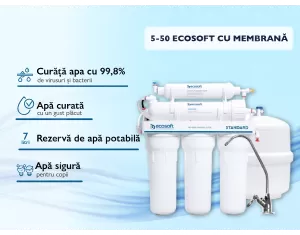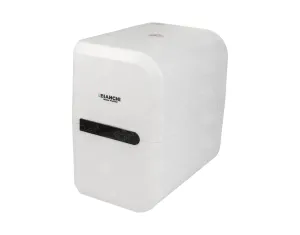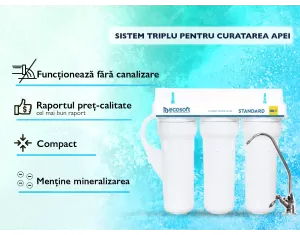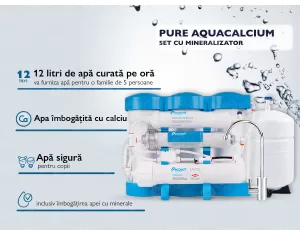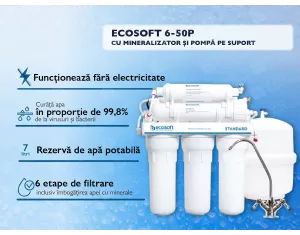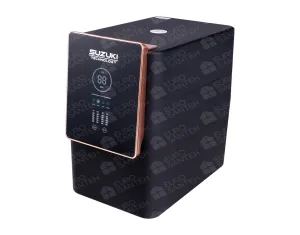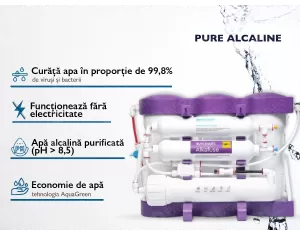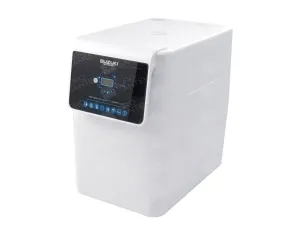Water filtration systems
Water filtration systems are integral components of ensuring access to clean and safe drinking water in both residential and commercial settings. These systems employ advanced technologies to remove impurities, contaminants, and unwanted particles from water, enhancing its taste and quality. Understanding the key features and benefits of water filtration systems is crucial for making informed choices in selecting the right system for your specific needs.
Key Components of Water Filtration Systems:
1. Mechanical Filters:
- Description: Mechanical filtration systems use filters with varying degrees of fineness to capture larger particles such as sand and sediment.
- Benefits: They provide an initial, effective step in water cleaning, preventing clogs in subsequent filters.
2. Activated Carbon Filters:
- Description: These systems eliminate chlorine, organic chemicals, and unpleasant odors by absorbing them onto the surface of activated carbon.
- Benefits: They improve the taste and odor of water, delivering a more pleasant drinking experience.
3. Reverse Osmosis Filtration:
- Description: Reverse osmosis systems utilize semipermeable membranes to remove bacteria, viruses, heavy metals, and other impurities.
- Benefits: They offer highly efficient purification, providing superior-quality water.
Benefits of Water Filtration Systems:
1. Improved Water Quality:
- Filtration systems ensure the clarity and transparency of water, enhancing its taste and making it safe for drinking.
2. Health Protection:
- By removing bacteria, viruses, and toxins, water filtration systems safeguard the health of individuals and families.
3. Extended Appliance Lifespan:
- Filtration prevents the formation of scale and deposits, extending the lifespan of household appliances.
4. Cost Savings:
- Reduced reliance on bottled water translates to cost savings, making water filtration systems a cost-effective solution.
Choosing the Right Water Filtration System:
1. Water Quality Analysis:
- Preliminary Assessment: Before purchasing a system, conduct an analysis of the water quality in your area to identify specific types of impurities.
2. Household Needs:
- Customization: Select a system that aligns with the specific needs of your household, considering daily water consumption and individual requirements.
Installation and Maintenance:
1. Professional Installation:
- Recommendation: For complex systems, professional installation is recommended to ensure proper and efficient operation.
2. Maintenance Schedule:
- Regular Monitoring: Establish a regular maintenance schedule, including filter replacements and periodic system performance checks.
Long-Term Benefits:
1. Cost Efficiency:
- Reduced Expenditure: Water filtration systems contribute to a reduction in costs associated with bottled water and appliance repairs.
2. Family Health:
- Healthy Water Consumption: Regular consumption of filtered water supports family health, eliminating the risk of exposure to harmful substances.
In conclusion, modern water filtration systems are valuable investments in ensuring a constant supply of superior-quality water. They not only contribute to the well-being of individuals and families but also promote environmental sustainability by reducing reliance on single-use plastic bottles. Selecting the right system and adhering to a proper maintenance schedule are key factors in maximizing the benefits of water filtration systems for a healthier and more comfortable life.
